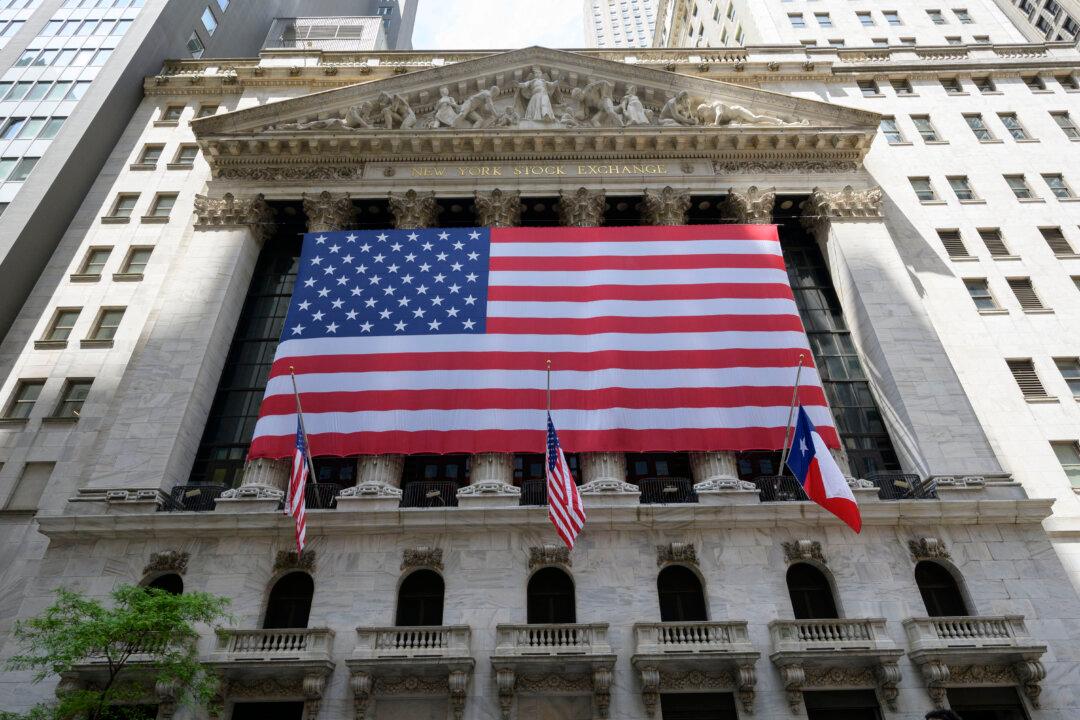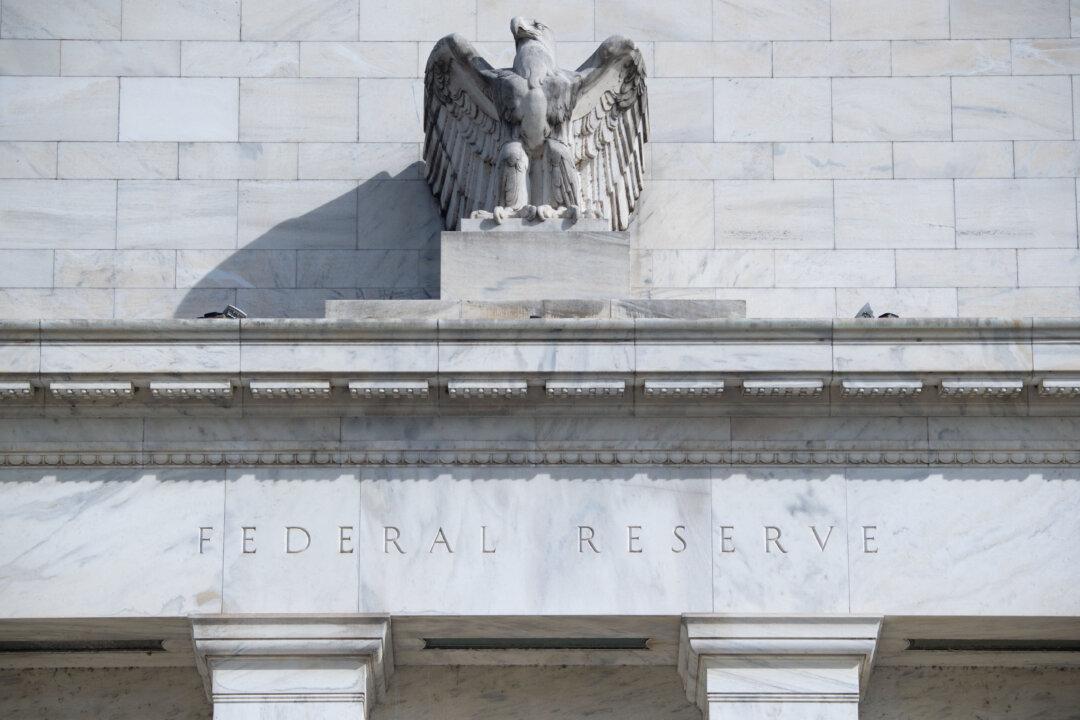Commentary
As voting in the midterm elections gets underway, crime and safety are the key issues. In cities across the country, the nightly news has endless scenes of store lootings, carjackings, and random attacks on innocents without consequences for the offenders.





